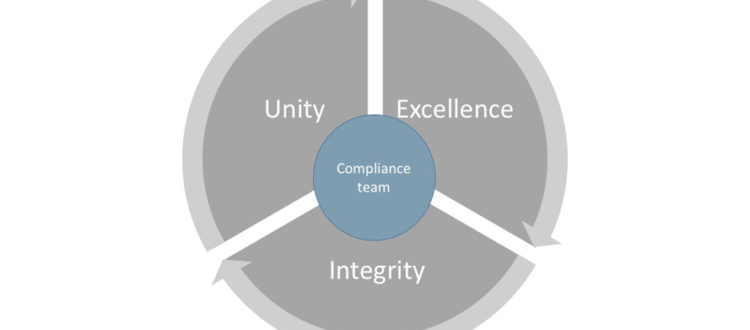Anti Money Laundry and Financial Crime Conference LONDON 2017 – Day 2 reflections
Unity – We stand together
This post been rewritten since leaving the Financial Crime Conference on 2 of June, for the obvious reason “The London Bridge” attack . Which of course sets the work on anti-terror financing on the spot. As it was tragic to learn further victims sacrificed for the meaningless and uncontrolled violence it was truly reliving to be part of the quick restoration of the “Business as Usual” life by the Londoners. By no means disrespectful for the victims and their families just an unbendable strong manifest of love always winning over hate.
Excellence – Knowing the tricks and treats
Regulations are here to stay where AMLD (Anti-Money Laundry Directives ) is getting further refined based on learnings from the terror attacks in Paris and the disclosure of “Panama Papers”. The updates and adjustments are to be “transposed” by the EU Member states by 26 June 2017. A work under the lead of Transparency International suggest that transparency and beneficial ownership are central to “the new world” of AML. Client Due Diligence continues being a challenges however the practice of thorough risk assessments by skilled and experienced will help steer resources and focus finding the risk clients. As sanctions for the private sector are stronger than ever the transposed laws will have more teeth than ever before. Even though all the details of the adoption of the 4 AMLD directive is not set in stone, it is clear that organisations well prepared for the changes to come are in better position by staying ahead of the curve.
One would think use of virtual currencies, such as Bitcoin, are widely used to cover transactions for regulators, inspection authorities and EUROPOL. However, there are no clear evidence that Blockchains are higher exposed. A few cases been reported, it seems that the best advice is to continuing focusing on the traditional systems and means to convert assets to free floating cash. It seems that pre-paid cards, internet based transfer systems and social medias are more frequently used for terrorism funding and money laundry.
Integrity – Do the right thing!
Press and media have done great job to reveal the Panama Paper however the work been massive with over 9 months spent to assess the material. The case as such has all the components and it seems clear top management did understand what was going on and how Mossac Fonseca helped their clients in tax fraud and money laundry. The internal compliance functions did alarm (as clear from internal e-mail exchanges) but top managements did not have the guts to turn down risk clients. Internal leakages are vital for getting these stories available for journalists but the price paid by the whistle blowers been very high. Especially where the Money Laundry been sanctioned by Governments and high ranked officers.
In the end getting to the conclusion that first measure to improve compliance work and avoid getting the financial systems polluted is to act on the findings and recommendations of the compliance teams. However, they do need support of strong management teams that dare to turn down opportunities and clients that are trying to manipulate the international financial systems.
Compliance team – your heroes
Last advice – take a moment and celebrate the past and future success of your hard working compliance team. Their role cannot be underestimated in stopping tax fraud, terrorism financing and money laundry.





